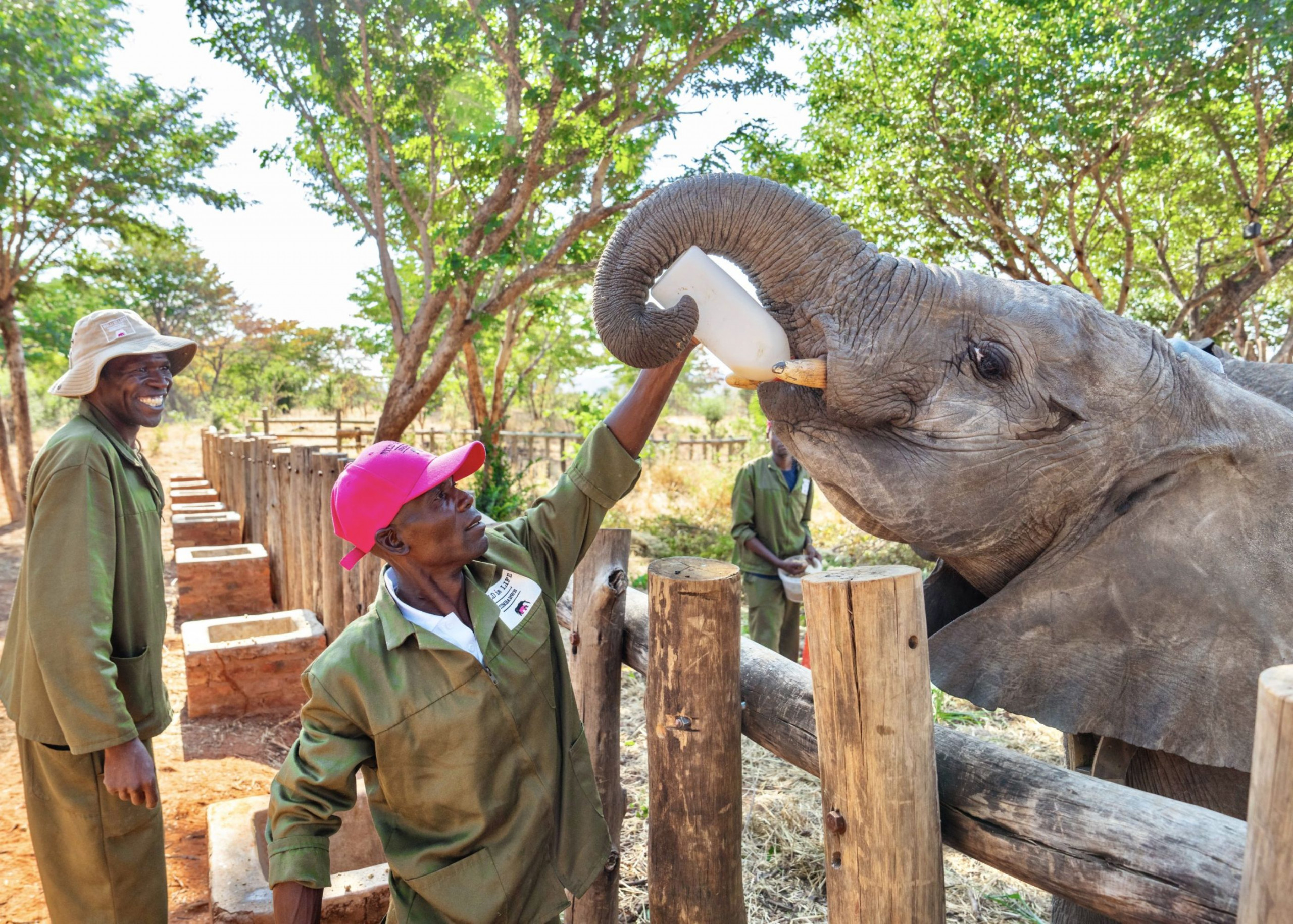News in Brief:
– Due to severe drought and increasing human-wildlife conflict, Zimbabwe and Namibia have proposed culling portions of their elephant populations.
– This decision has faced strong opposition from conservationists and animal rights activists who argue that culling is not a sustainable solution and could lead to further harm to wildlife populations.
The arid conditions in southern Africa, worsened by climate change, have led to a severe shortage of water and food for wildlife, including elephants. In response, Zimbabwe and Namibia have announced plans to cull portions of their elephant populations, a decision that has sparked widespread criticism.
“The animals are causing a lot of havoc in communities, killing people,” said Farawo, the parks spokesperson in Zimbabwe. “Last week, we lost a woman in the northern part of the country who was killed by an elephant. The previous week, the same thing happened. So it (the culling) is also a way of controlling,” he added.
However, conservationists and animal rights activists argue that culling is not a sustainable solution to the problem. They contend that the animals have a right to exist in their natural habitat and that the practice could lead to increased demand for bushmeat, further endangering wildlife populations.
“Culling of elephants must be stopped,” Farai Maguwu, who leads the Zimbabwe-based advocacy group the Center for Natural Resource Governance, said in a post online. “Elephants have a right to exist,” he wrote, adding that “future generations have a right to see elephants in their natural habitat.”
Conservation biologist and natural resources consultant Keith Lindsay also expressed his discomfort at using wildlife to alleviate food insecurity saying that it is very likely to lead to a more regular, ongoing demand for bushmeat that would be unsustainable.
According to officials, the culling aims to reduce human-elephant conflict, as the animals seek food and water in areas inhabited by people. Recent attacks on humans have highlighted the growing tension between wildlife and communities.
The proposed culls in Zimbabwe and Namibia mark a significant departure from previous conservation efforts and have raised concerns about the long-term implications for wildlife populations and the environment.



